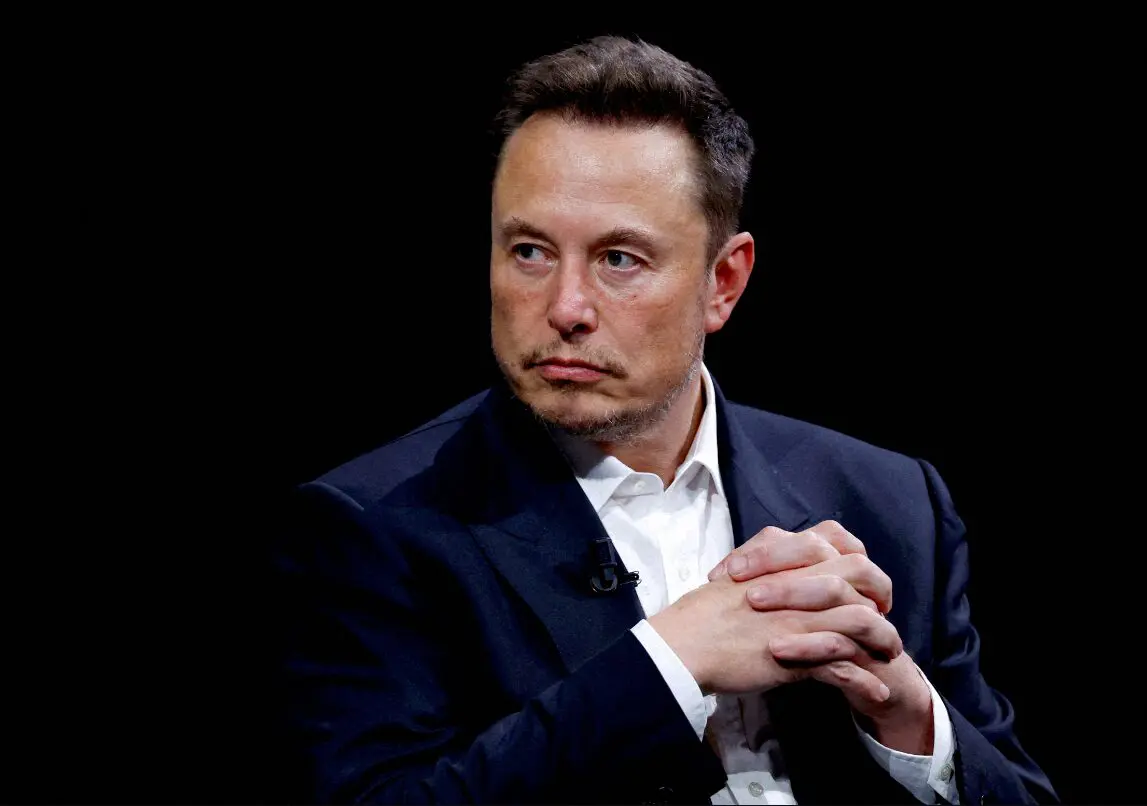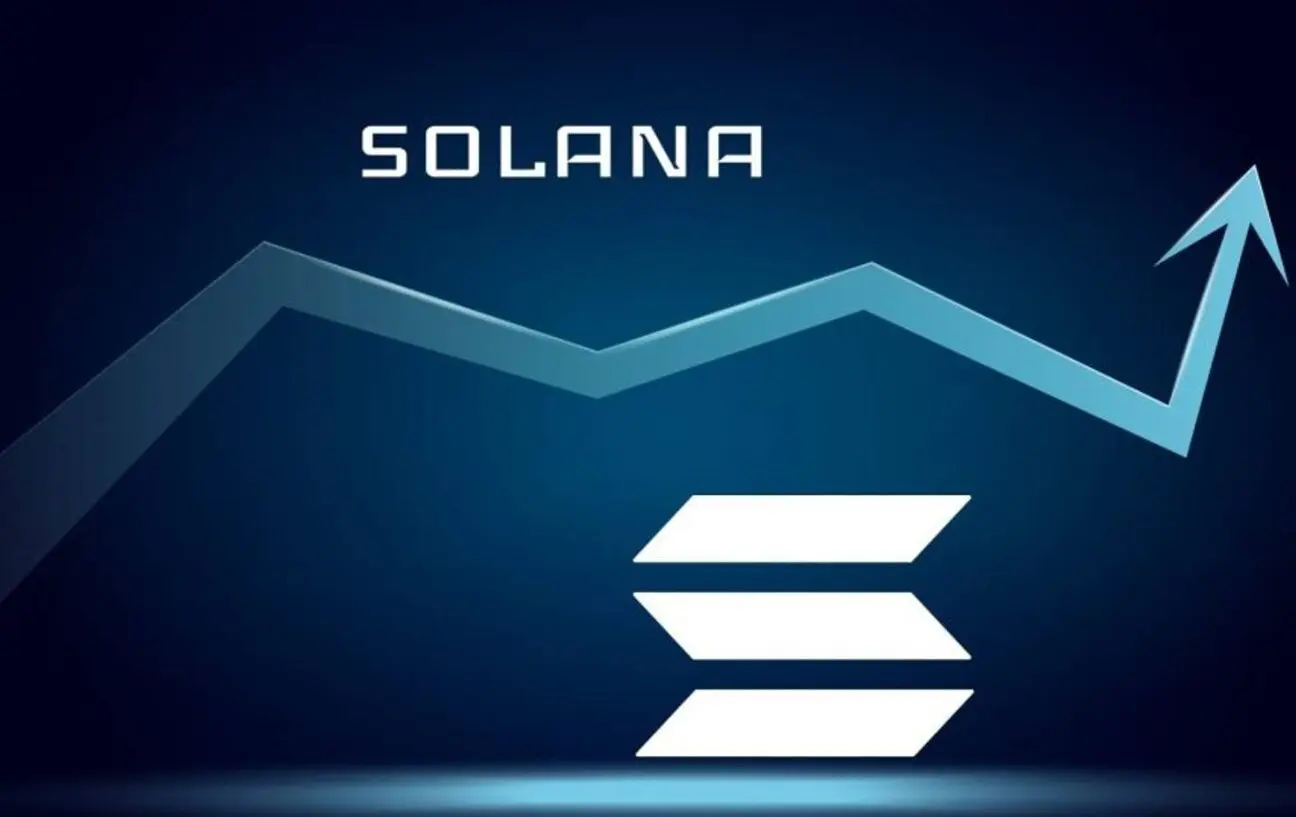Christine Lagarde, President of the European Central Bank (ECB), has issued a clear and urgent call for the European Union to take control of its financial future. In a recent interview on The Pat Kenny Show, Lagarde stressed the pressing need for the EU to develop its own digital payment infrastructure. And this isn’t just a symbolic suggestion—according to Lagarde, the time has come for Europe to reduce its dependence on global payment giants such as Visa, Mastercard, PayPal, and Alipay.
Strategic Independence Is No Longer Optional
Lagarde’s appeal is rooted in a broader geopolitical awakening that has swept across Europe, especially since the rise of Donald Trump. From energy resources to military security, there is a growing realization that Europe can no longer rely blindly on its traditional transatlantic partners.
This shift in mindset has made one thing clear: Europe needs to become more self-reliant, particularly in critical sectors like financial infrastructure. Without its own independent payment system, the EU remains vulnerable to external economic and political pressure, Lagarde warned.
According to Lagarde, a European solution—as she calls it—would be a major leap toward true financial sovereignty. Such a system would seamlessly align with the goals of the Capital Markets Union (CMU), an initiative aimed at creating an integrated and unified European capital market.
The Economic Case for a European Digital Payment System
The benefits of a dedicated European digital infrastructure could be transformative. Lagarde estimates that a fully integrated capital market could generate up to €3 trillion in added economic value annually. In addition, she advocates for closer fiscal coordination across EU member states, which could boost the EU’s GDP by an additional €2.8 trillion by 2032.
These measures would reduce the burden on monetary policy and pave the way for a future fiscal union—one of the long-term strategic goals of the European project. For Lagarde, this isn’t just about convenience; it’s about economic resilience, geopolitical autonomy, and long-term stability.
The Digital Euro: More Than Just a Payment Method
At the heart of Lagarde’s vision lies the Digital Euro, a project the ECB is actively developing. According to Lagarde, all preparations should be completed by October 2025. But this new currency won’t be just another way to pay—it could become a cornerstone of Europe’s digital economy.
The Digital Euro is expected to play a pivotal role in a homegrown payment ecosystem that can compete with American and Chinese technologies. This would not only enhance Europe’s technological competitiveness, but also safeguard the financial privacy and security of European citizens and businesses.
It’s an ambitious undertaking—but Lagarde insists it is necessary if Europe wants to remain relevant in the rapidly evolving digital economy. The stakes are high, and the message is clear: Europe must act now or risk falling further behind in the global financial race.
Related: How CBDCs Could Solve Economic Problems: A Revolution in Monetary Policy and Everyday Life
- Dogecoin’s Bullish Blueprint: Analyst Predicts Up to 150% Rally - April 16, 2025
- A Bullish Signal Emerges in the Altcoin Market: Is the Altseason Upon Us? - April 15, 2025
- McDonald’s Shareholders Propose Buying BTC - April 14, 2025
























